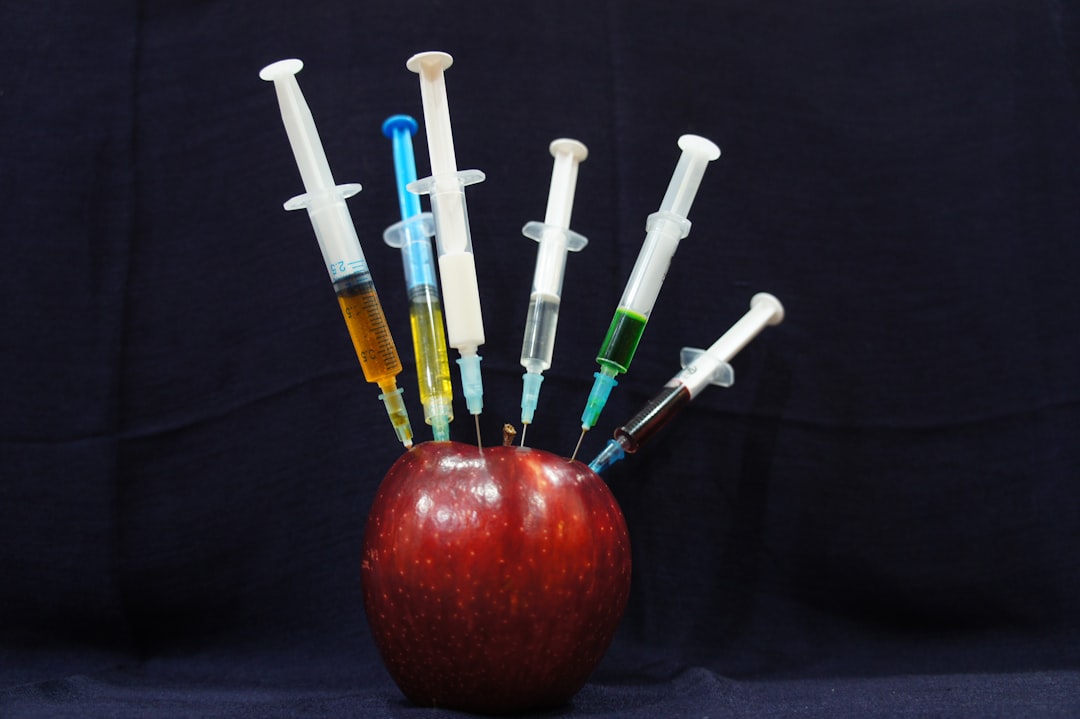What is it about?
Inflammation plays a role in the development of cancer. Thus we analyze the prognostic value of the neutrophil-to-lymphocyte ratio (NLR) and other clinicopathological determinants in early-stage (cT1/T2N0) tongue cancer
Featured Image
Why is it important?
Our findings show that Inflammation does play a role in the development of cancer and reflect it in pretreatment lab data, such as neutrophil-to-lymphocyte ratio (NLR). The significant finding is that pretreatment NLR >=2.95 is significantly correlated with a larger tumor, positive neck lymph node metastasis, and positive perineural invasion. Importantly, it indicates reduced survival rate. Therefore, if the NLR >=2.95 in early-stage (cT1/T2N0) tongue cancer is noted preoperatively, it reveals more invasive tumor behavior clinically.
Perspectives
Since pretreatment neutrophil-to-lymphocyte ratio (NLR) >=2.95 indicates reduced survival rate, routinely collect pretreatment lab data helps patient and us to know more about his disease status and prognosis. Then, aggressive treatments, including elective neck dissection, become necessary.
Ching-Nung Wu
Read the Original
This page is a summary of: Prognosis of neutrophil-to-lymphocyte ratio in clinical early-stage tongue (cT1/T2N0) cancer, OncoTargets and Therapy, August 2017, Dove Medical Press,
DOI: 10.2147/ott.s140800.
You can read the full text:
Contributors
The following have contributed to this page










